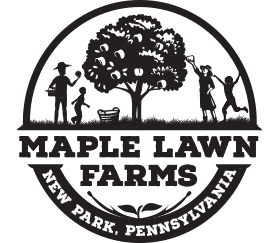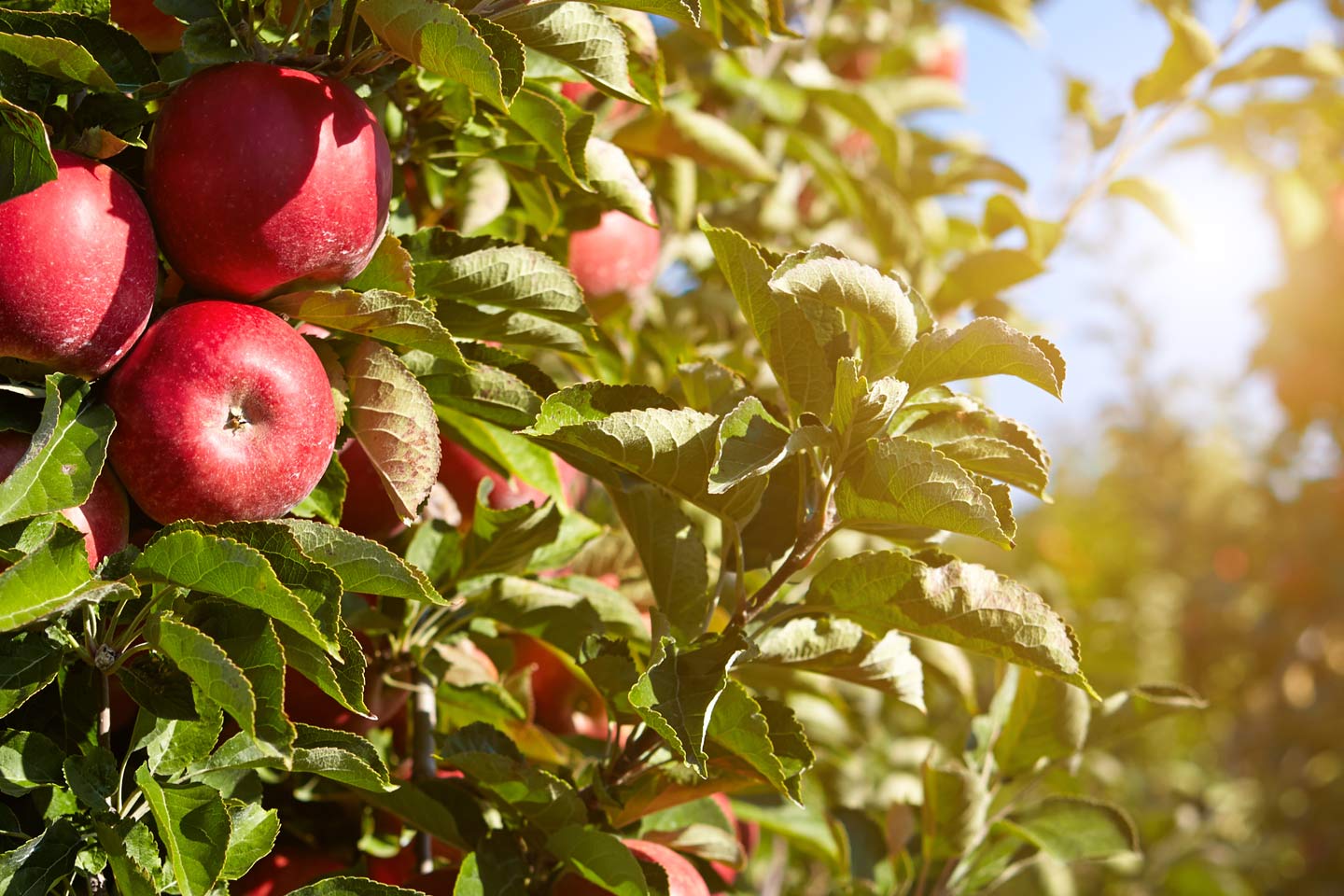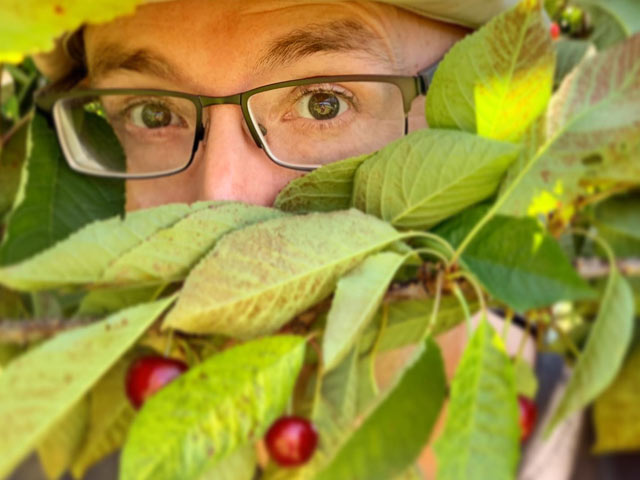

Where it all began
Maple Lawn Farms is a family farm with the 4th, 5th, and even 6th generation of McPhersons actively working together.
Fruit Farm & Orchards
Pick-your-own fruit has always been the farming focus, bringing guests from both city and country to the farm for fresh air and fresh fruit.
The McPherson family started growing fruit back in 1870s. Maple Lawn Farms, now officially recognized as a Century Farm, continues to adapt and change with the times.
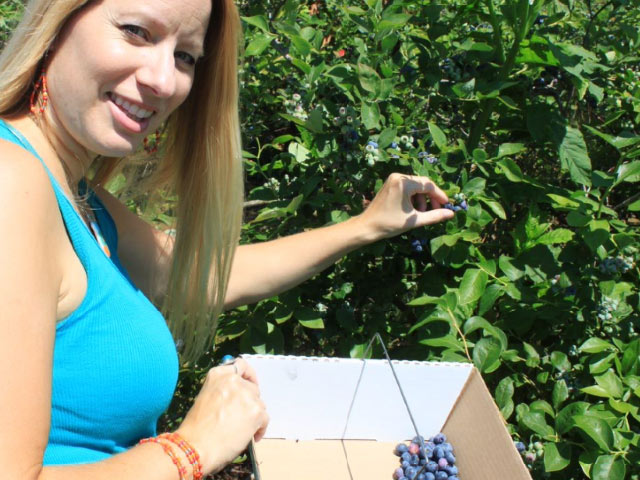

The marriage of agriculture & entertainment
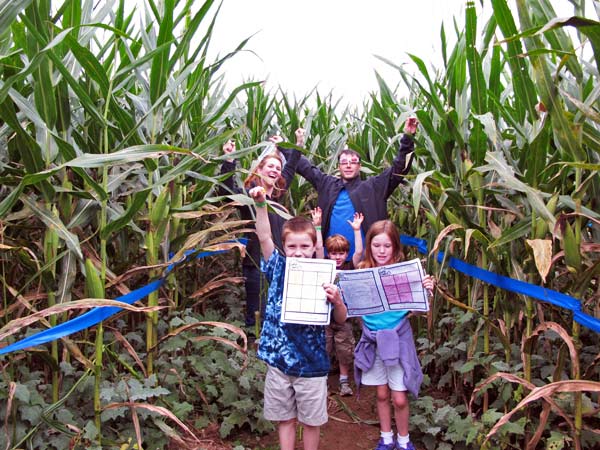

In 1997, Farmer Hugh (5th generation McPherson) started one of the first corn mazes in the country here at the farm. Just home from college, he struck out on his own to create something new and different; something that merged his back ground in agriculture with his love of theater and entertainment – and Maize Quest Fun Park was established! Since then, the Fun Park has grown to offer over 35 attractions, pumpkin picking, and other fall entertainment. It has become a great destination for families, friends, school field trips, and other groups.
Continued innovation & growth
“It’s great to see the fruit stay on the farm and be transformed,” says Matt Posey, farmer and winemaker at Maple Lawn Farms. “To see the enjoyment people get from our first batches has been really rewarding. We are doing a good thing.”
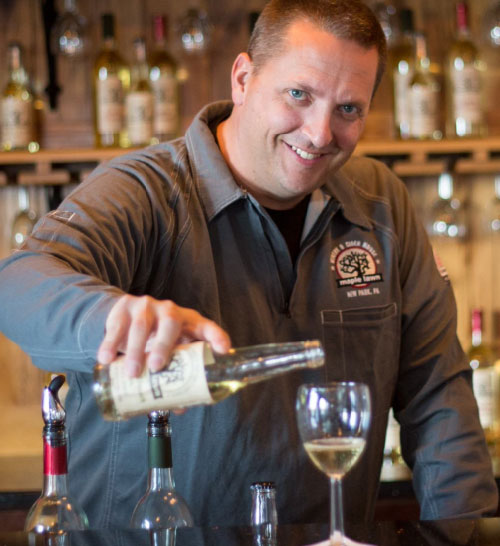

Special Events
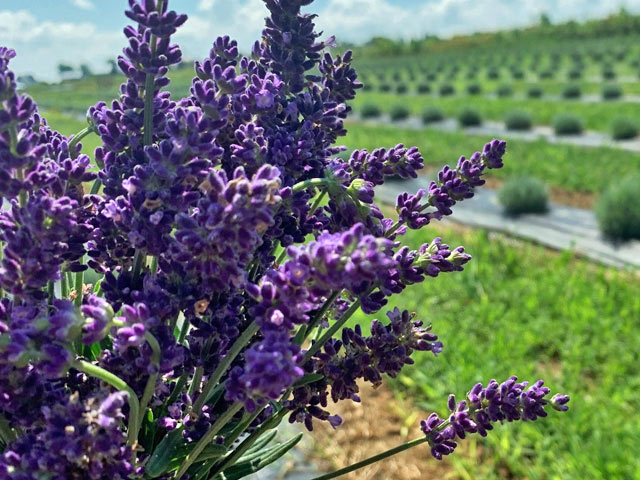

We continue to grow and provide wonderful new experiences for our guests each year! In recent years, we have added new crops and hosted unique festivals and special events to help guests get in touch with their food and enjoy the beauty of the farm. These events include highlights such as sunflower picking and photo ops, lavender picking, live music, delicious food from our farm and local vendors, and much more!
